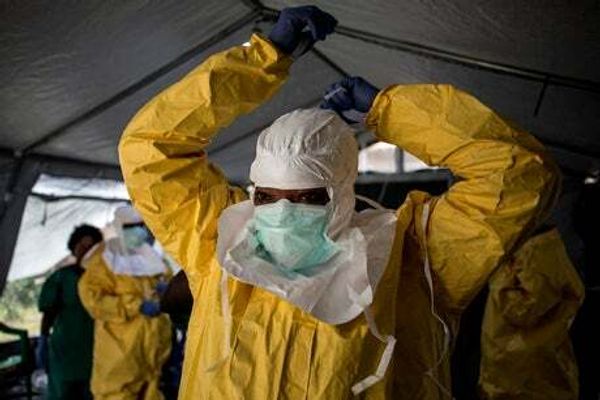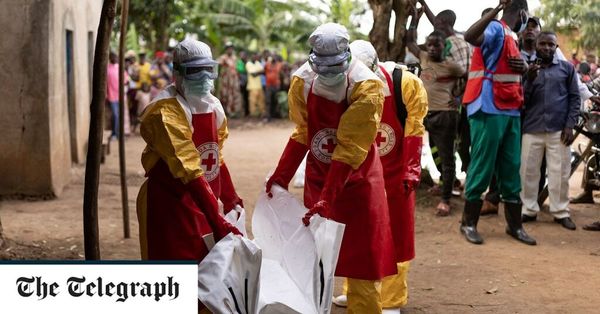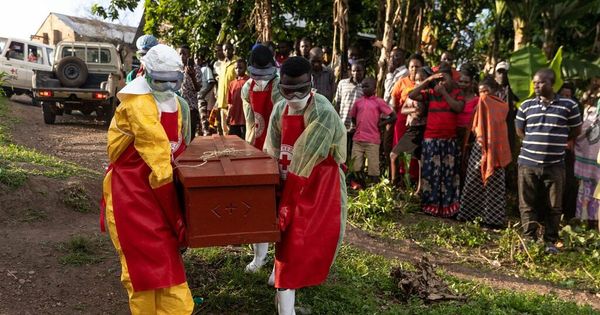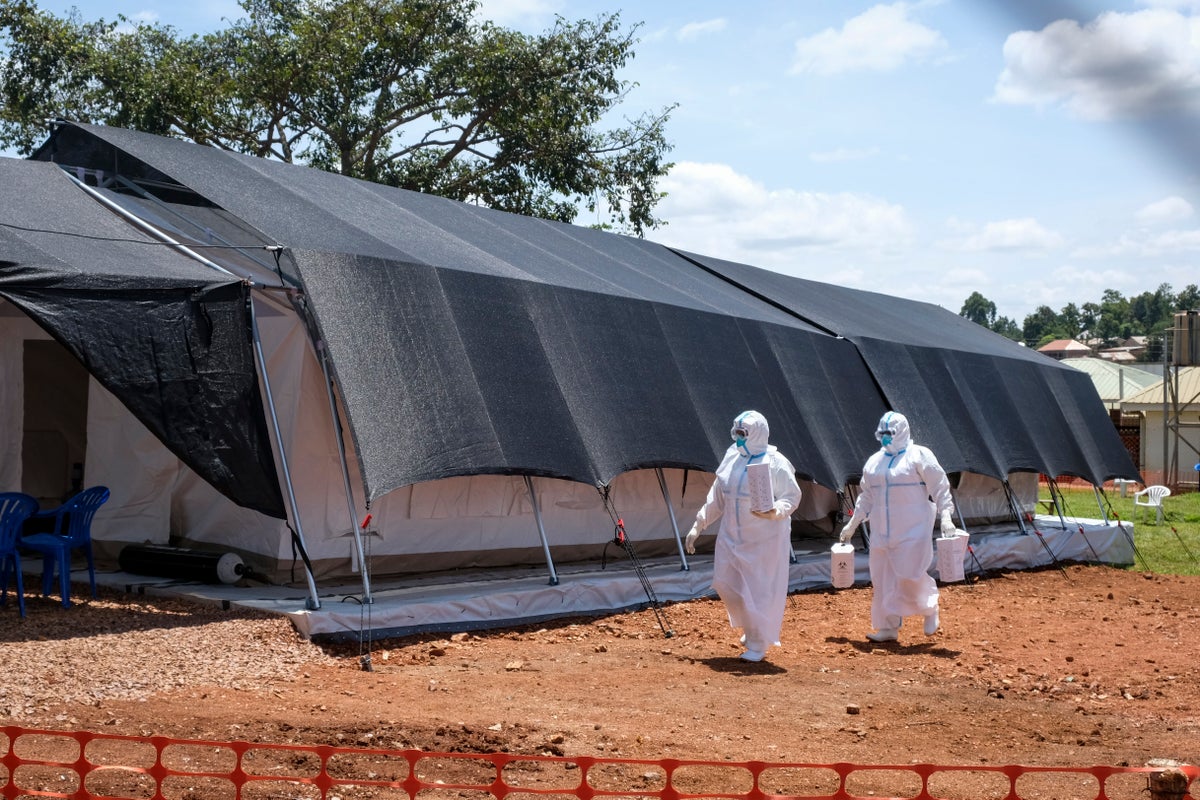
Four health workers are among 19 people who have died after an Ebola outbreak in Uganda, prompting huge concern from health authorities.
The country’s health ministry confirmed at the end of September that a 24-year-old man from the central Mubende district showed symptoms of the disease and later died.
There have so far been 58 confirmed cases and 19 deaths since the first case was diagnosed.
The World Health Organisation (WHO) said the latest outbreak was of the relatively rare Sudan strain, for which there is no current vaccine available.
No Ebola cases from the outbreak have yet been reported outside Uganda. However the United States has confirmed they will begin screening travellers from the country as a precaution.
As the outbreak of Ebola continues to spread in Uganda, here is what you need to know about the disease.
What is Ebola?
Ebola is an acute viral disease, with its first known case appearing in 1976 in simultaneous outbreaks in Nzara, Sudan, and Yambuku, Democratic Republic of Congo, according to the WHO. It takes its name from the Ebola River near the latter Congolese village.
Once infected, the virus will attack the victim’s internal organs. People who have contracted the virus can then expect symptoms including fever, vomiting, diarrhea, muscle pain and sometimes bleeding.
How is it spread?
Fruit bats are thought to be the natural hosts of the virus. Humans become infected during close contact with the blood, organs and other bodily fluids of animals harbouring the disease.
Other animals which have spread the disease in Africa include primates, monkeys, forest antelope and porcupines found ill or dead or in the rainforest.
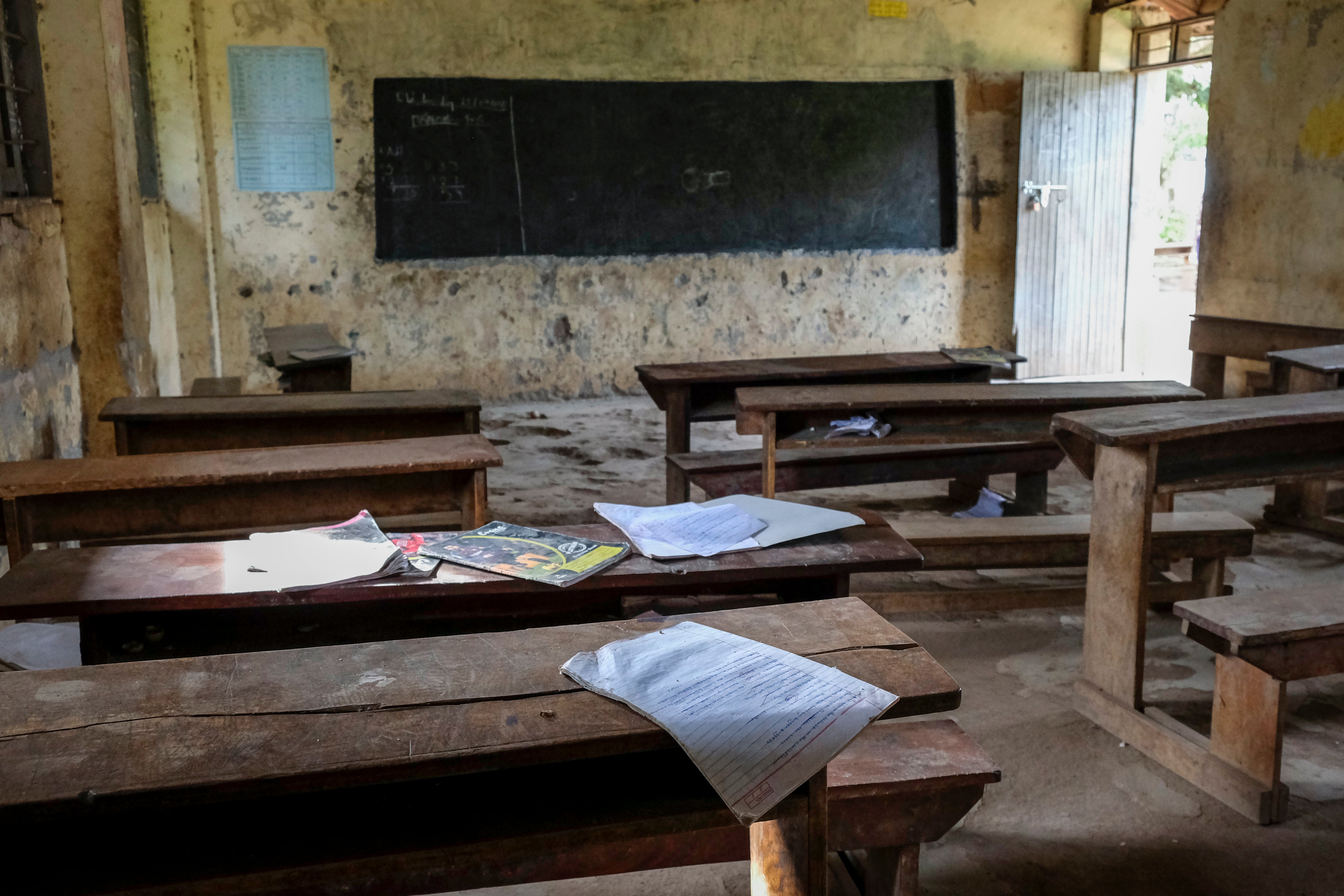
Is there a vaccine?
There are currently two licensed vaccines to counter the Ebola virus, according to the WHO. One of the vaccines successfully managed to curb an outbreak of the virus in the Democratic Republic of Congo in 2020.
However the strain of Ebola responsible for the current outbreak - called Sudan - does not have a vaccine. Despite that, Ugandan scientists and their partners abroad are looking to deploy one of two possible vaccines against the Sudan strain, the WHO representative to Uganda has said.
When was the last outbreak?
The last major outbreak of the virus occurred between 2014 and 2016 in a small cluster of countries in West Africa. The first case was recorded in Guinea, before it rapidly spread to neighbouring countries Liberia and Sierra Leone.
The pandemic later spread to a number of other countries, including Italy, the UK, US, Senegal, Spain, Nigeria and Mali.
According to the Centers for Disease Control and Prevention, there were more than 28,000 cases of the virus and 11, 325 people died.
Despite the widespread of the virus the overwhelming number of cases and deaths were in Guinea, Liberia and Sierra Leone.
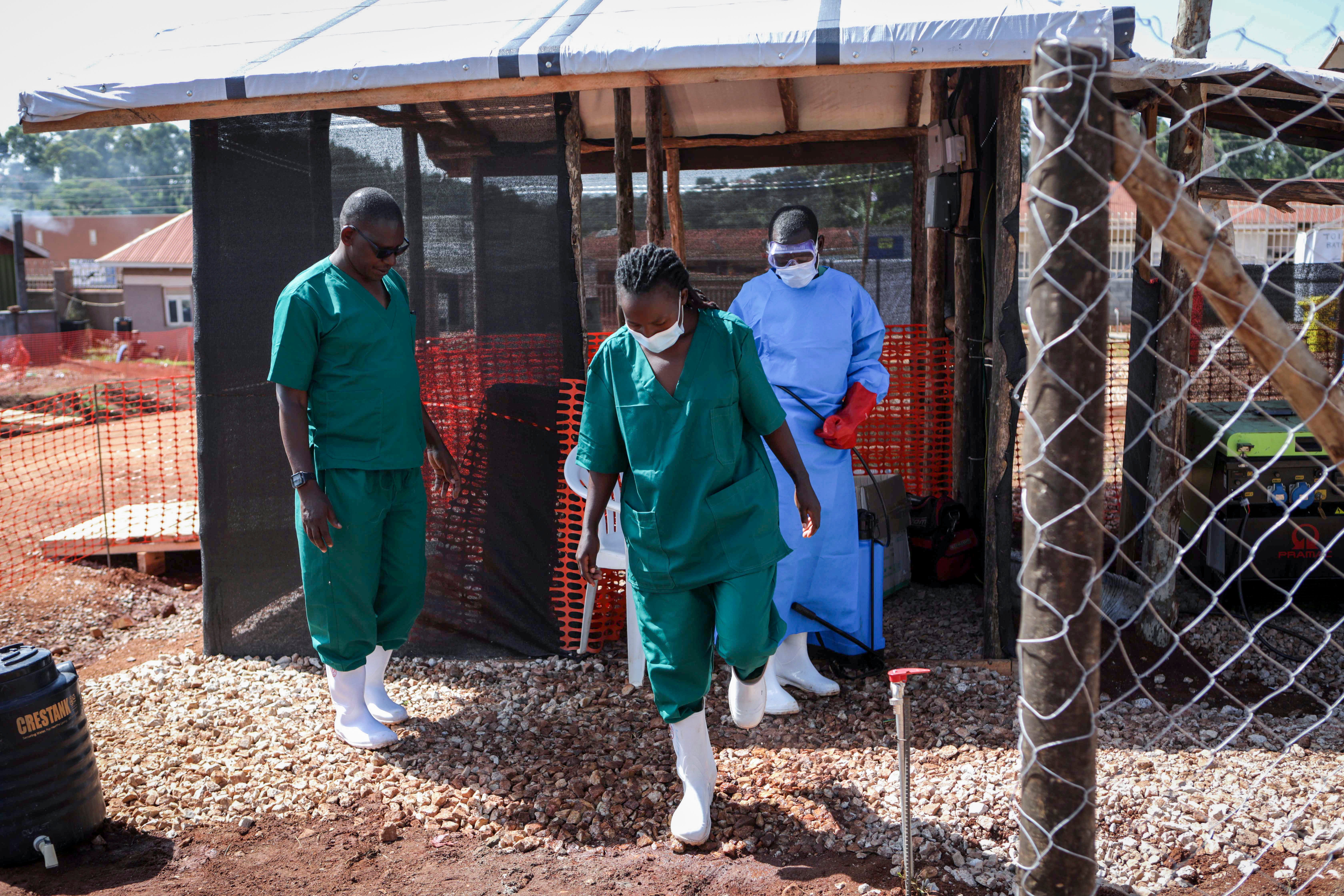
How many countries are impacted by the latest outbreak?
There have been no Ebola cases from the outbreak reported outside Uganda. However the United States will begin screening travellers from the country as a precaution, the Biden administration confirmed.
The risk in the US is considered low and health officials described the screening move as an additional precaution.
The UK Health Security Agency (UKHSA) said it is currently monitoring the outbreak and confirmed there are currently no cases of the disease in the UK.
Dr Meera Chand, UKHSA Director of Clinical and Emerging Infection, said: “UKHSA constantly monitors emerging infection threats in collaboration with partners across the world.
“We are aware of an outbreak of Ebola cases in Uganda and are monitoring the situation closely. The risk to the public in the UK is very low.”






